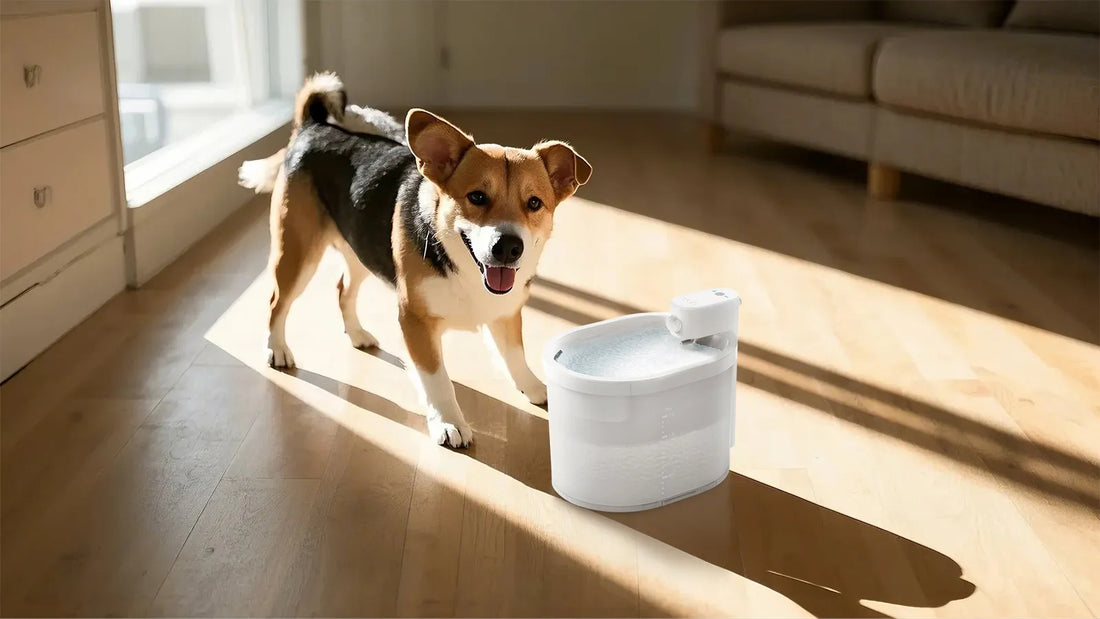If you've ever found yourself wondering, 'Why is my cat pooping outside the litter box?' you're not alone. This frustrating behavior is a common issue among cat owners, but understanding the underlying causes can help you find a solution. In this article, we'll explore the various reasons why your cat might be avoiding the litter box and provide practical tips to address the problem.
Understanding the Behavior
Cats are creatures of habit, and any deviation from their usual routine can be a sign that something is wrong. When a cat starts pooping outside the litter box, it's essential to consider both medical and behavioral factors. Here are some of the most common reasons why this might be happening:
Medical Issues
One of the first things to consider is whether your cat is experiencing a medical problem. Conditions such as urinary tract infections, gastrointestinal issues, or even arthritis can make it difficult or painful for your cat to use the litter box. If your cat is pooping outside the litter box, it's crucial to consult with a veterinarian to rule out any underlying health issues.
Stress and Anxiety
Cats are sensitive animals, and changes in their environment can lead to stress and anxiety. Moving to a new home, introducing a new pet, or even rearranging furniture can cause your cat to feel unsettled. In some cases, this stress can manifest as inappropriate elimination. Identifying and addressing the source of your cat's anxiety can help resolve the issue.
Litter Box Preferences
Cats can be quite particular about their litter box preferences. If the box is too small, too dirty, or filled with a type of litter your cat doesn't like, they may choose to poop elsewhere. Experimenting with different types of litter, cleaning the box more frequently, or providing a larger box can make a significant difference.
Territorial Marking
In multi-cat households, territorial disputes can lead to inappropriate elimination. If one cat feels threatened by another, they may mark their territory by pooping outside the litter box. Ensuring that each cat has their own space and resources can help reduce tension and prevent this behavior.
Practical Solutions
Once you've identified the potential cause of your cat's behavior, it's time to take action. Here are some practical solutions to help your cat return to using the litter box:
Consult a Veterinarian
If you suspect that a medical issue is causing your cat to poop outside the litter box, the first step is to consult with a veterinarian. They can perform a thorough examination and recommend appropriate treatment if necessary.
Reduce Stress
If stress or anxiety is the culprit, take steps to create a more calming environment for your cat. This might include providing hiding spots, using pheromone diffusers, or maintaining a consistent routine. Gradually introducing any changes can also help your cat adjust more easily.
Optimize the Litter Box
Make sure the litter box is appealing to your cat. This means keeping it clean, using a type of litter your cat prefers, and ensuring the box is the right size. If you have multiple cats, provide one litter box per cat, plus an extra one, to prevent competition.
Address Territorial Issues
In multi-cat households, it's essential to ensure that each cat has their own space and resources. This includes separate feeding areas, sleeping spots, and litter boxes. Providing vertical spaces, such as cat trees, can also help reduce territorial disputes.
Preventing Future Issues
Once you've addressed the immediate problem, it's important to take steps to prevent future issues. Here are some tips to keep your cat using the litter box consistently:
Maintain a Clean Litter Box
Cats are more likely to use a clean litter box, so make sure to scoop it daily and change the litter regularly. A dirty litter box can be a major deterrent for your cat.
Monitor Your Cat's Health
Regular veterinary check-ups can help catch any potential health issues early. If your cat starts showing signs of illness, such as changes in appetite or behavior, consult with your veterinarian promptly.
Provide Enrichment
Keeping your cat mentally and physically stimulated can reduce stress and prevent behavioral issues. Provide toys, scratching posts, and opportunities for play to keep your cat engaged and happy.
Be Patient
Changing your cat's behavior can take time, so be patient and consistent with your efforts. Celebrate small victories and continue to provide a positive environment for your cat.
Dealing with a cat that's pooping outside the litter box can be challenging, but with the right approach, you can help your feline friend get back on track. By understanding the underlying causes and implementing practical solutions, you can create a happier and healthier environment for both you and your cat. Don't let this common issue stress you out—take action today and enjoy a cleaner, more harmonious home with your furry companion.













